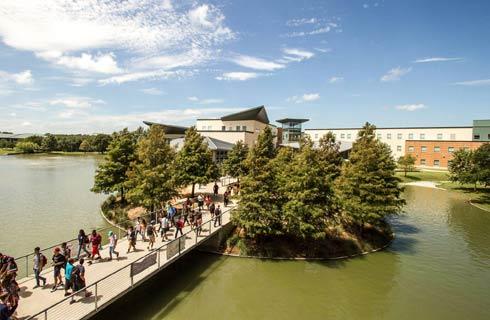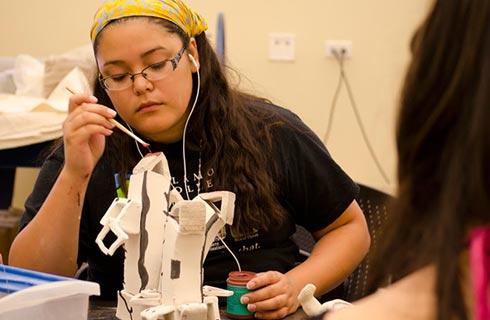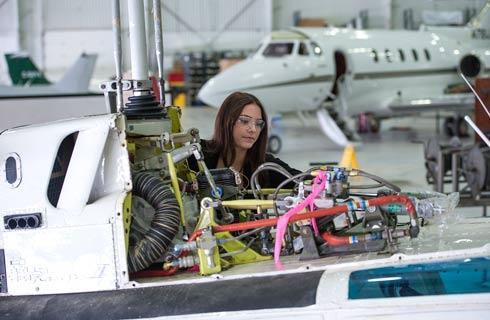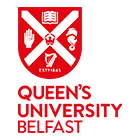国际学生入学条件
Normally a 2.1 Honours degree in a relevant subject, including Anthropology, Sociology and Cultural Studies or an equivalent qualification acceptable to the University. Other subjects, such as Music, Geography, Psychology, Irish Studies, History and Languages may also be considered, depending on the nature of the completed undergraduate programme. Applicants who hold a 2.2 Honours degree in one of the disciplines specified above or an equivalent qualification acceptable to the University, who can demonstrate relevant professional experience will be considered on a case-by-case basis.
展开
IDP—雅思考试联合主办方

雅思考试总分
6.5
了解更多
- 雅思总分:6.5
- 托福网考总分:90
- 托福笔试总分:160
- 其他语言考试:PTE - 62 overall with minimum of 51 in each component
CRICOS代码:
申请截止日期:请 与IDP联系 以获取详细信息。
课程简介
The Anthropology MA is designed to provide students with a strong grounding in the principles and methods of Anthropology. It offers the opportunity to study innovative modules taught by leading experts in key anthropological fields, including Conflict and Borders, Religion, Cognition and Culture, Business and Sustainability, Material Culture and Art, Migration and Diasporas, Anthropology of Ireland, Human-Animal relations and the cross-cultural study of Emotions. Anthropology at Queen’s also has a distinguished history in Ethnomusicology, the cross-cultural study of music.Our MA in Anthropology explores current debates in the study of cultures and societies and offers specialised knowledge and advanced skills for a range of competitive careers or further study at PhD level. Studying anthropology at postgraduate level combines an in-depth understanding of human diversity and critical social theory, with hands-on training in carrying out grounded ethnographic research.Studying Anthropology at Queen’s gives you the opportunity to design and carry out field research anywhere in the world. Under the guidance of experienced supervisors, students develop original projects among diverse groups of people across the globe. Doing ethnographic fieldwork will give you real-world skills that are uniquely valued among employers and offer you unforgettable cultural and social experiences. At the same time, Belfast and the island of Ireland, more broadly, offer unique sites to conduct research locally on most topics of anthropological interest, including conflict transformation and peacebuilding, religion, borders, arts and creativity, identity, ethnicity and nationalism, material culture, and policy-engaged anthropology.
展开



































